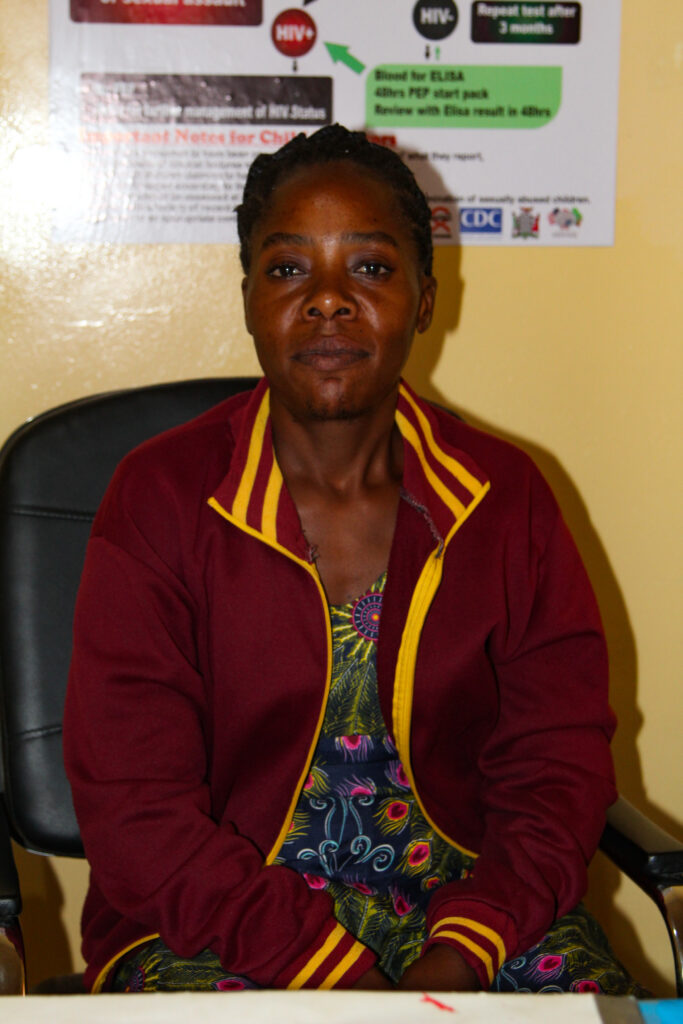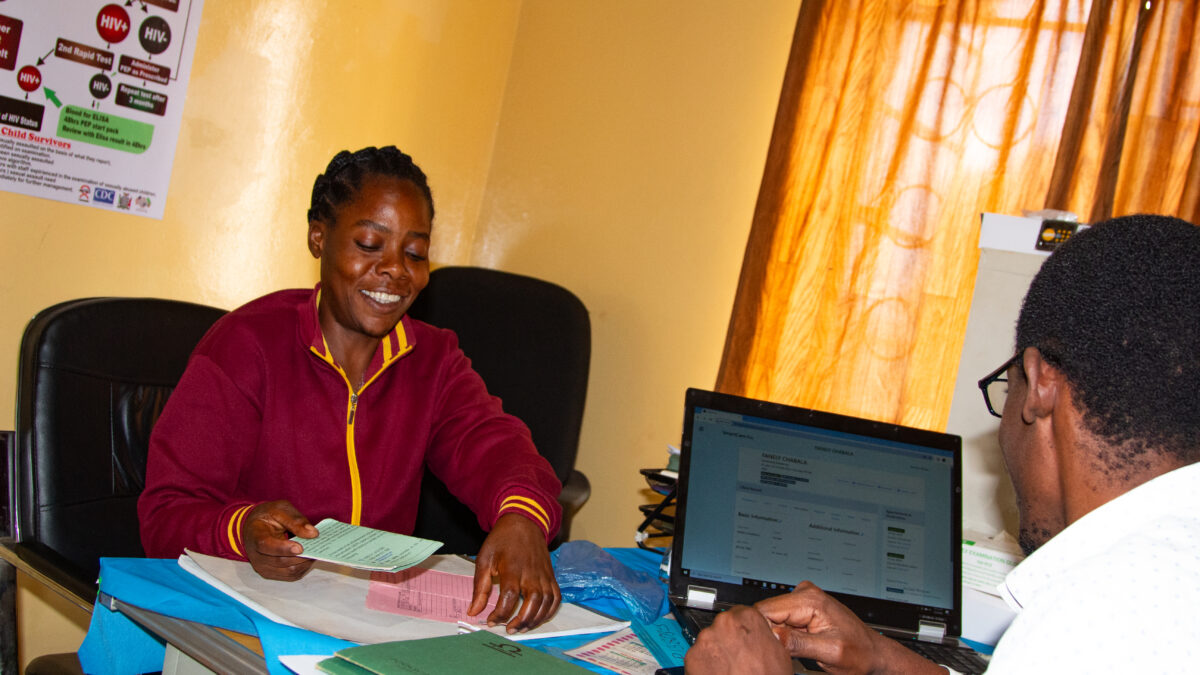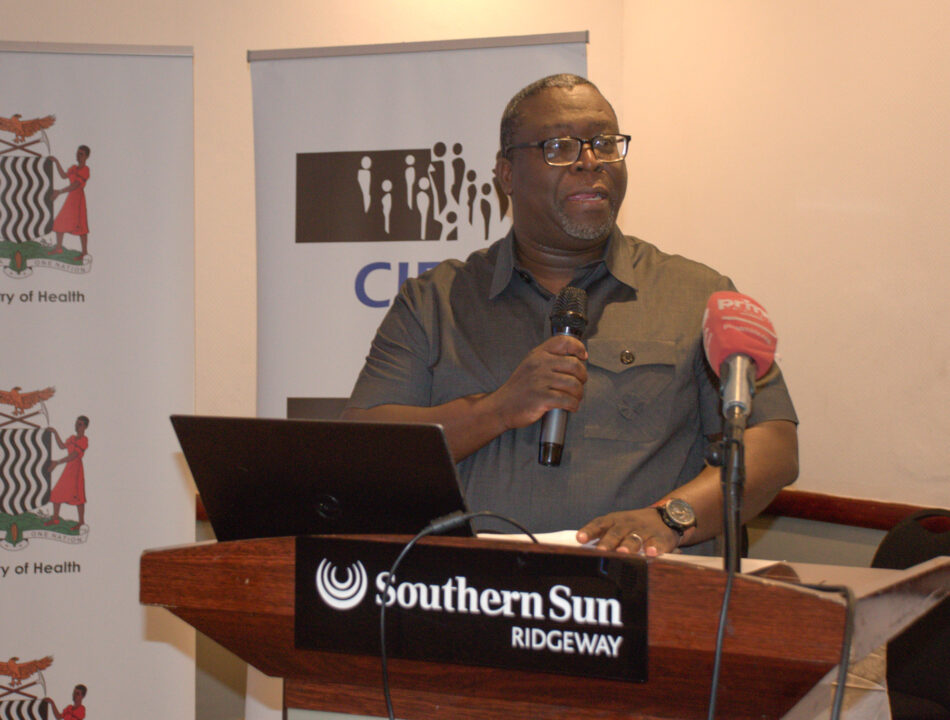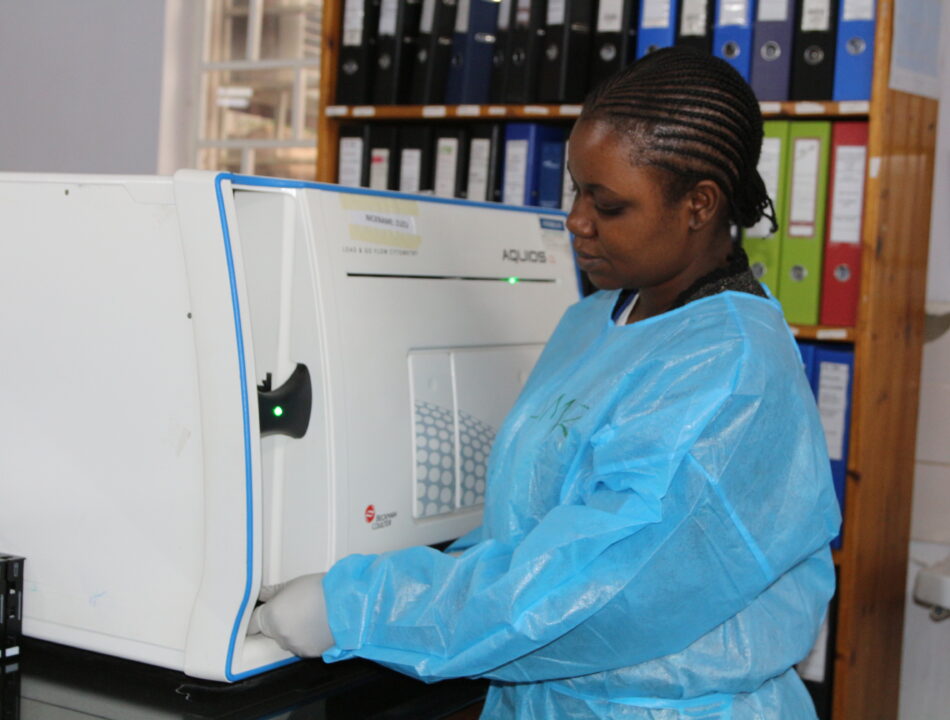- HOME
- ABOUT
- AREA OF FOCUS
- Research
- Enteric diseases & HIV vaccine Research unit
- HIV prevention, care & treatment
- Implementation Science
- Paediatric prevention care & treatment
- Vulnerable Children & Adolescent Health
- Tuberculosis
- Prison’s Health
- Social & Behavioral studies
- New Born & Women’s health
- Primary care and health systems strengthening
- Mental Health
- Hepatitis
- SUPPORT UNITS
- MEDIA
- TRAINING
- TOOLKITS
- Taskpen Toolkit
- Human Infection Studies (HIS)
- Menstrual Hygiene Management (MHM)
- Better Information for Health in Zambia Toolkit – 2017
- CommART Toolkit
- Operation Triple Zero Plus – HIV Literacy Package for Adolescents
- TASKPEN CLINICAL GUIDELINES :Protocols for the Integrated Management of Cardiometabolic conditions in Adult PLHIV
- JOBS
Survivor-led Advocacy for Mental Health Services Crucial Among People Living With HIV

CETA Counselling Services Critical to Addressing Self-Stigma Among People Living With HIV.
September 10, 2024
CIDRZ’s Mwachisompola PEN-Plus Clinic Offers Essential Care and Hope to Diabetic Children
September 13, 2024“I went through a lot of mental torture when my family and friends learnt about my HIV status. I felt disrespected all the time, and everyone said I was going to die since I had started taking ARVs. So, I stopped taking ARVs so that I may just die as people wished,” narrates Fanelli Chabala, 42, a CETA beneficiary from Mphando village in Chipata.
Fanelli’s experience personifies the daily struggles faced by many people living with HIV, especially when their family and friends become aware of their status.
She says life became tough for her after she lost her husband to HIV, forcing her, together with her five children, to move in with her mother as she could not make ends meet. While at her mother’s place, she became an object of ridicule as she could not bring anything to the table.
“Some of my family members at home would even openly say I was going to die first, before them. Even young children lost all the respect for me,” Fanelli narrates.
She says because of such open discrimination and mental torture, Fanelli did not see any reason why she should continue taking ARVs as it seemed people were already prepared for her death. Consequently, her viral load became very high, putting her at increased risk of any disease.
“Upon visiting the hospital, the doctor told me that my viral load was very high. I was immediately introduced to a CETA provider for counselling services. That marked the beginning of change in my life,” Fanelli recalls.
She explains that the counselling sessions helped her cope with the discrimination she was facing at home and noticed that her family and friends’ attitudes were also slowly changing every time she shared the lessons with them.
Fanelli commends the professional way her CETA sessions were handled.
“I liked the way the sessions were being handled. I would not have finished the sessions if I felt disrespected like I felt at home. The CETA counsellor was very professional and showed a lot of care throughout the sessions. I can safely say I am alive today due to the counselling services I received from CETA,” she says.
Due to her harrowing experience, Fanelli is now not just a mental illness survivor but also leading the way in her community by connecting more people to CETA services. She now openly discusses her status with people in her community, inspiring more people to take an interest in knowing their status and seek professional medical help. Today, her viral load is suppressed, and she is now enjoying a positive change in fortune while leading a healthy, positive life.






